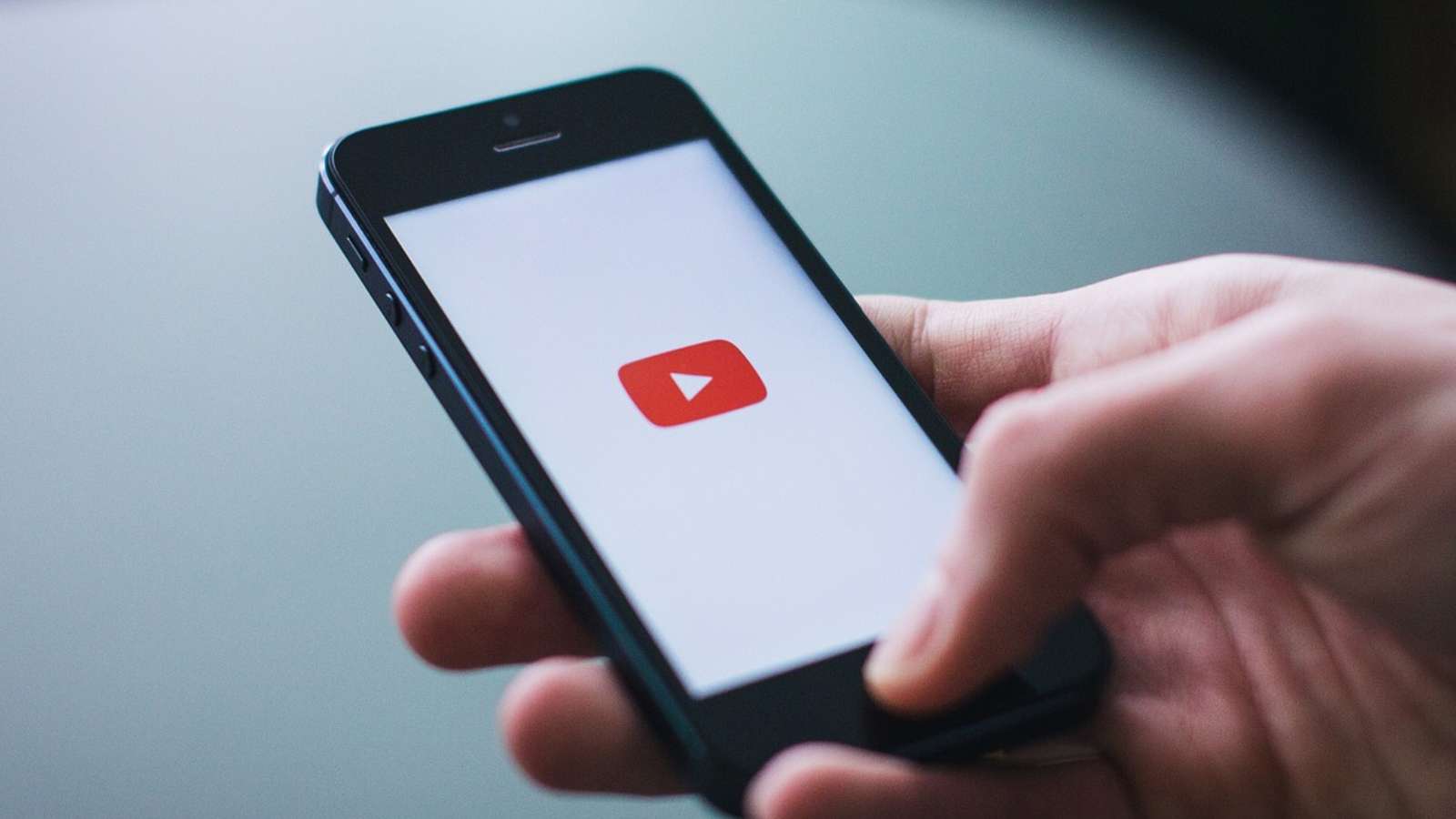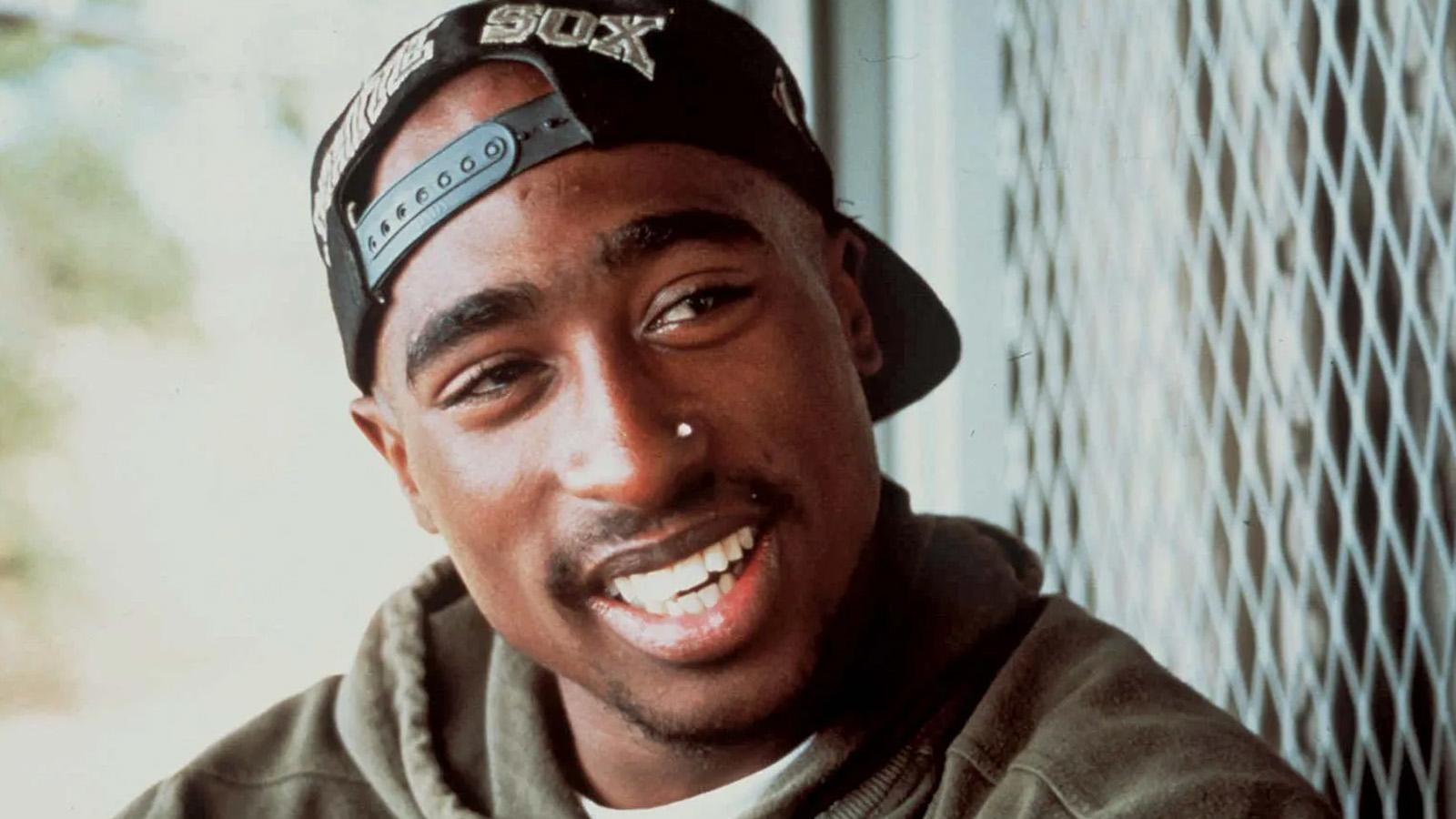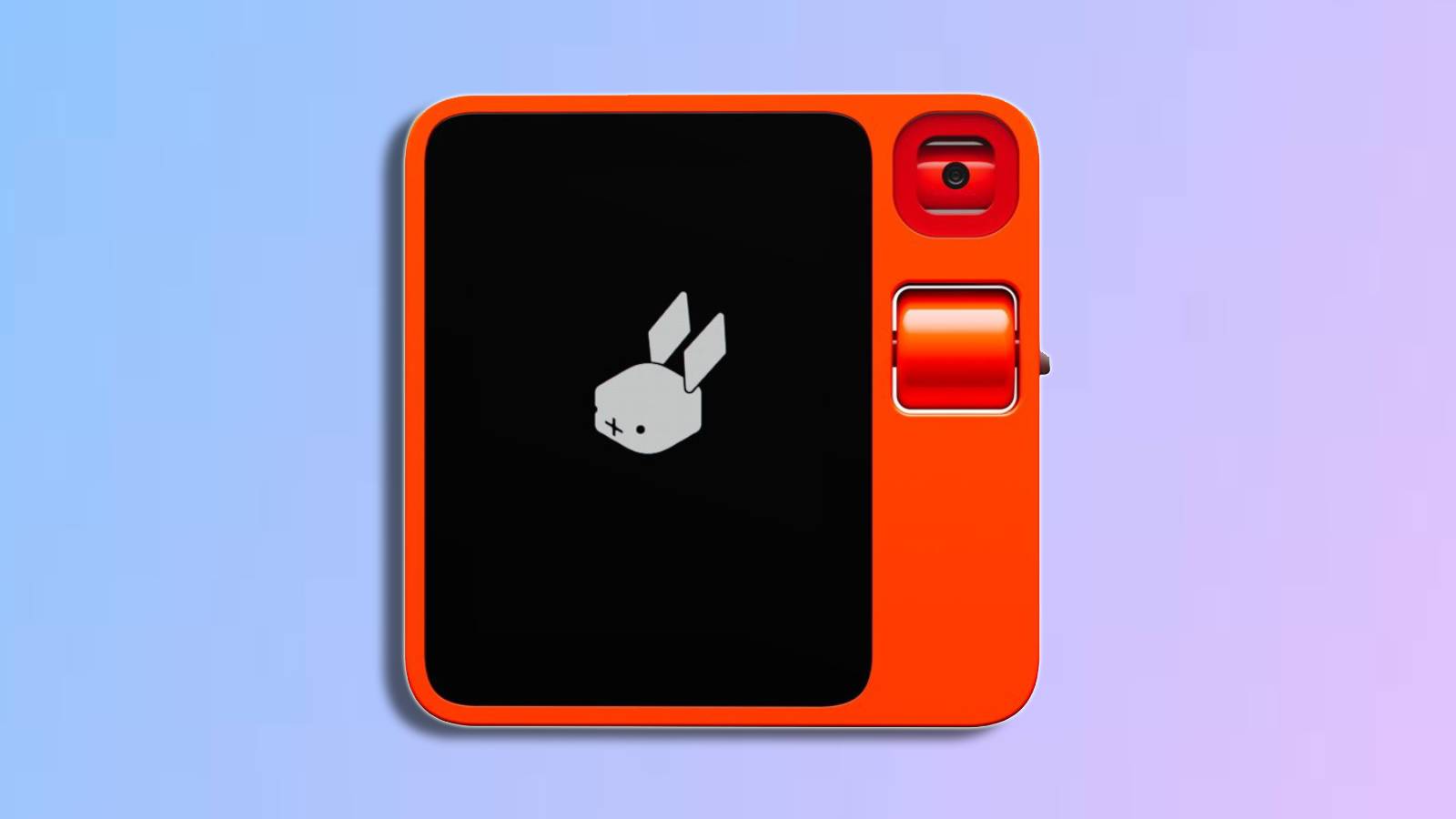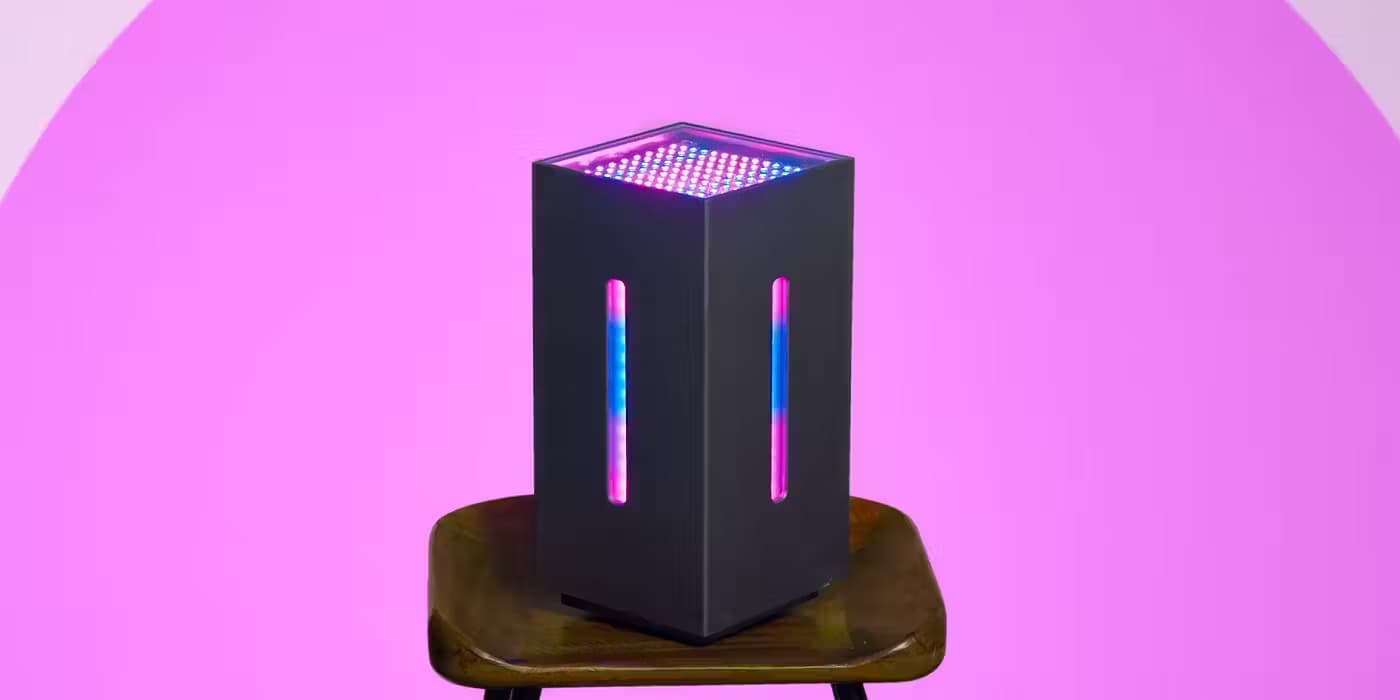YouTube unveils new tool to help identify deepfake content
 Pixabay
PixabayYouTube has announced a new tool to combat AI-generated content and identify deepfakes on the platform.
As AI technology improves, so too does the ability to use it for nefarious purposes, such as putting someone else’s face on another person’s body. This process is known as deepfaking and it’s already caused a big ruckus in the streaming world.
Back in November of 2023, YouTube revealed that it would be letting users strike down AI content impersonating them and now, the Google-owned company has taken new steps for creators to disclose content that is AI-generated.
In a blog post, YouTube explained that the new tool in Creator Studio will require creators to disclose AI or altered content that could easily be mistaken for real footage of a person, thing place, or event.
New YouTube label takes aim at deepfakes
The disclaimers for AI content will now show up as labels on videos with one of the key examples including deepfakes.
For instance “digitally altering content to replace the face of one individual with another’s or synthetically generating a person’s voice to narrate a video,” will require a label.
“Creators must disclose content that: Makes a real person appear to say or do something they didn’t do, alters footage of a real event or place, generates a realistic-looking scene that didn’t actually occur,” the company says.
 Unsplash/Alexander Shatov
Unsplash/Alexander ShatovAdditionally, YouTube may even manually add a label even when a creator hasn’t disclosed it if the content could potentially confuse people.
However, there are some situations, mainly “inconsequential” ones, where YouTube will not require a label for AI content.
Extremely unrealistic content, beauty filters, and certain special film effects like blurs and color adjustments are all acceptable.
Labels are currently rolling out over the next few weeks starting with the YouTube mobile app, followed by desktops and TVs.
The news comes nearly one year after Twitch took action against deepfake content, warning that promoting or creating it could result in indefinite suspension.



